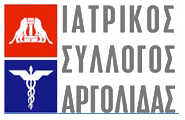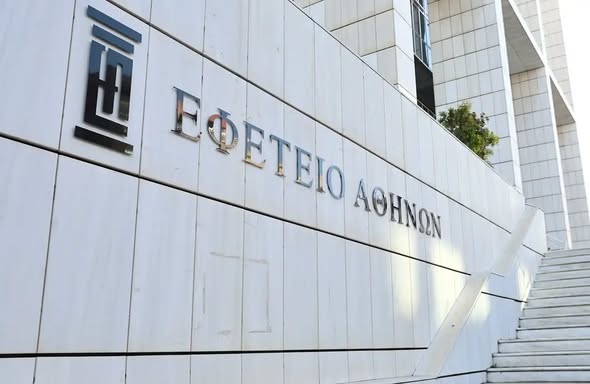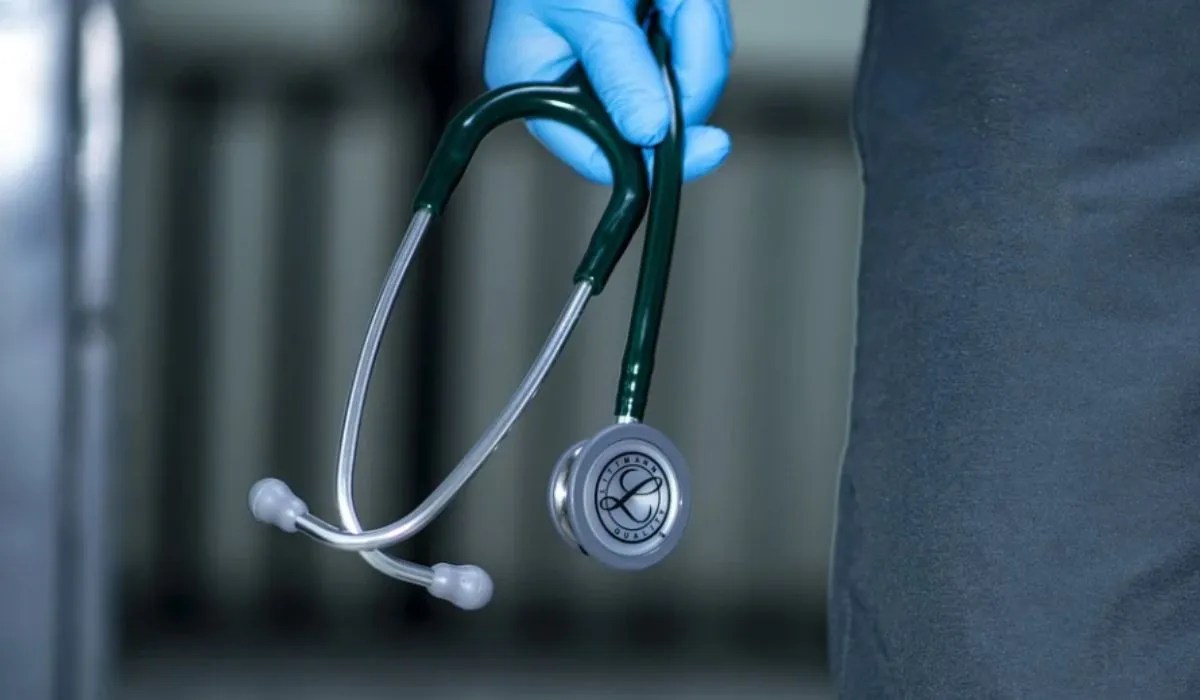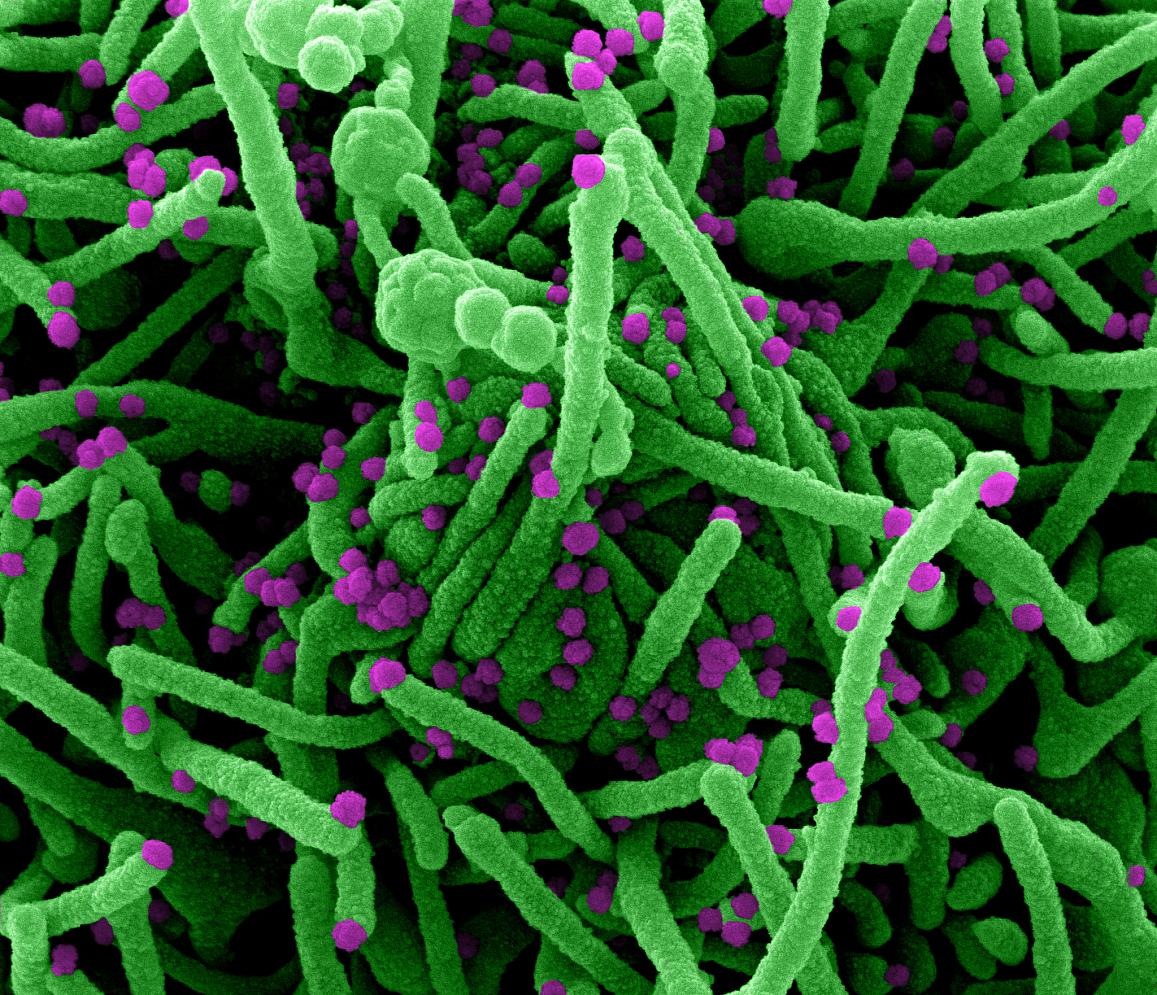Investigational COVID-19 therapeutics to be evaluated in large clinical trials
Two randomized, controlled Phase 3 clinical trials have begun evaluating investigational monoclonal antibodies for their safety and efficacy in treating people hospitalized with moderate COVID-19. The trials are part of the ACTIV-3 master protocol, which has an adaptive design allowing investigators to add new sub-studies of additional investigational agents. ACTIV-3 is sponsored by the National Institute of Allergy and Infectious Diseases (NIAID), part of the National Institutes of Health.
One sub-study is evaluating VIR-7831, a monoclonal antibody developed through a partnership between GlaxoSmithKline plc (Brentford, United Kingdom) and Vir Biotechnology, Inc. (San Francisco). The other sub-study is evaluating the combination of BRII-196 and BRII-198, two neutralizing monoclonal antibodies manufactured by Brii Biosciences (Durham, North Carolina and Beijing). Antibodies are infection-fighting proteins naturally made by the immune system. Antibodies can prevent viruses from infecting cells, sometimes by binding to the surface of the viruses. Synthetic versions of these antibodies, prepared in a laboratory, are known as monoclonal antibdies.










